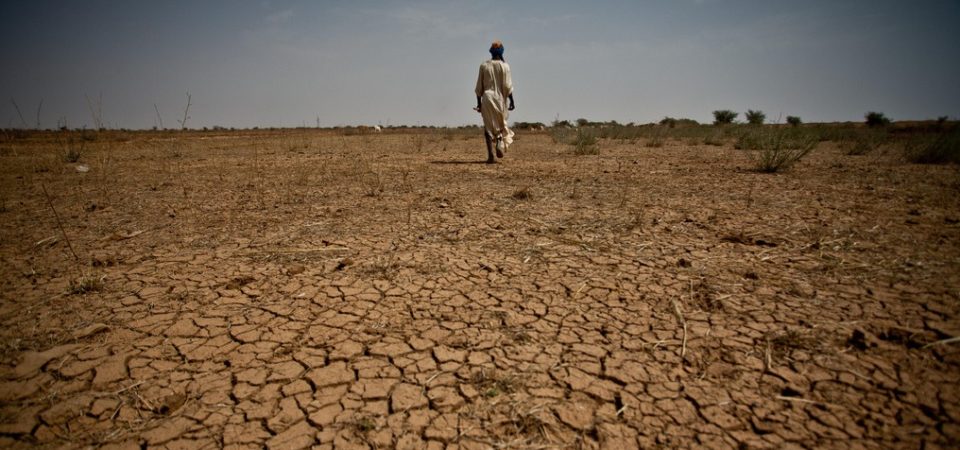Item Link: Access the Resource
Date of Publication: May 4, 2017
Year of Publication: 2017
Publication City: Berkeley, CA
Publisher: UC Berkeley School of Public Health
Author(s): Malcolm Potts
Since 1950, the global population and the global economy together have grown at 3.9 percent per year—doubling every 17 years. Such exponential growth cannot continue on a finite planet. Will it end in pain or in achievable policies? Many scientists agree that human activity has passed—or will pass shortly—the biological capacity of the planet to sustain life as we know it.
Professor Malcolm Potts talks about his past 82 years on the planet—a time of unprecedented change and growth of scientific understanding–and existential questions that our faculty and students will face in the next 82 years: Will human activity and human numbers cause irreversible damage to the biosphere or will we find evidence-based ways to create a sustainable world? Will mutually assured destruction continue to hold back the use of the global nuclear stockpile, or will a ‘nuclear exchange’ take place?
This talk was part of the 2016-2017 UC Berkeley School of Public Health Dean’s Speaker Series. Learn more here, and watch the full lecture through the livestream video below:
The views and opinions expressed through the MAHB Website are those of the contributing authors and do not necessarily reflect an official position of the MAHB. The MAHB aims to share a range of perspectives and welcomes the discussions that they prompt.

